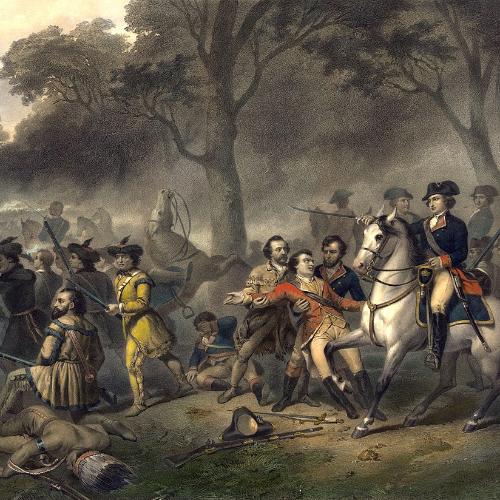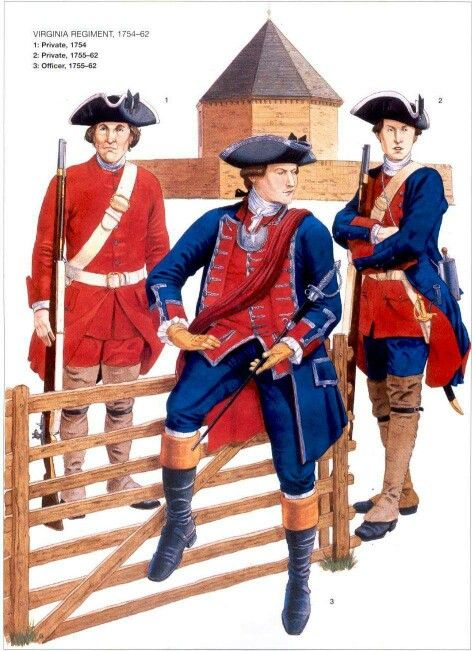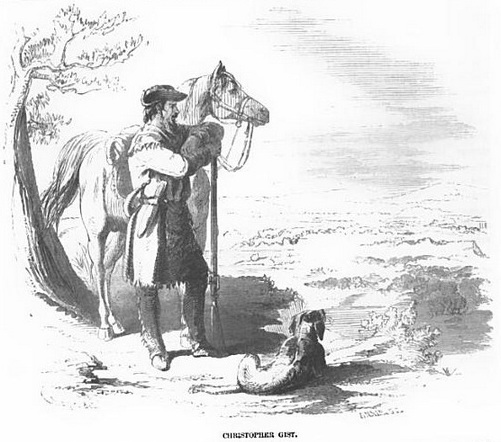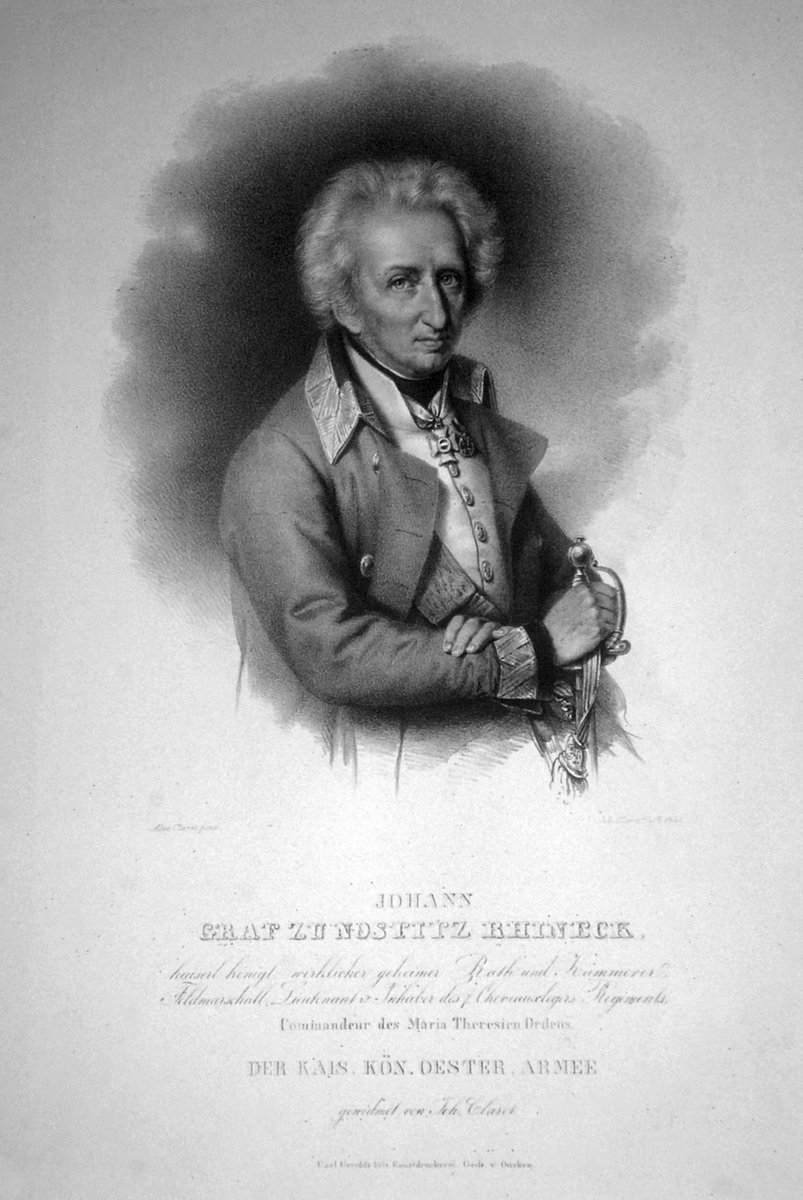#OTD #Onthisday 26 May, 1754, Lieutenant-Colonel George Washington receives a letter from Colonel William Fairfax sent by Colonel Joshua Fry, that Governor Robert Dinwiddie has arrived at Winchester, and was "desirous to see the Half King," a Seneca leader.
(1/4)

(1/4)


Three days ago, Tanaghrisson or the Half-King, whose childhood spent in French captivity sustained his aversion to the French expansion into the Forks of the Ohio, had offered to guide Washington and his 'English brethren' to the French encampment in the Great Meadows.
(2/4)
(2/4)
He personally wrote to the 22-year-old officer:
"...I exhort you, therefore, my English brethren, to be on your guard against them, for they intend to strike the first English, whom they see. They have been on the march for two days. I know not their number.
(3/4)
"...I exhort you, therefore, my English brethren, to be on your guard against them, for they intend to strike the first English, whom they see. They have been on the march for two days. I know not their number.
(3/4)

The Half-King and the rest of the Chiefs will be with you in five days to hold a council. No more at present, but my remembrance to my brothers the English."
The alliance, however, would depend on the competence of Washington perceived by the 54-year-old chief.
(4/4)
The alliance, however, would depend on the competence of Washington perceived by the 54-year-old chief.
(4/4)
(The Diaries of George Washington, LoC; Washington to Dinwiddie, 27 May 1754, The Writings of George Washington: Part. I)
• • •
Missing some Tweet in this thread? You can try to
force a refresh

 Read on Twitter
Read on Twitter














